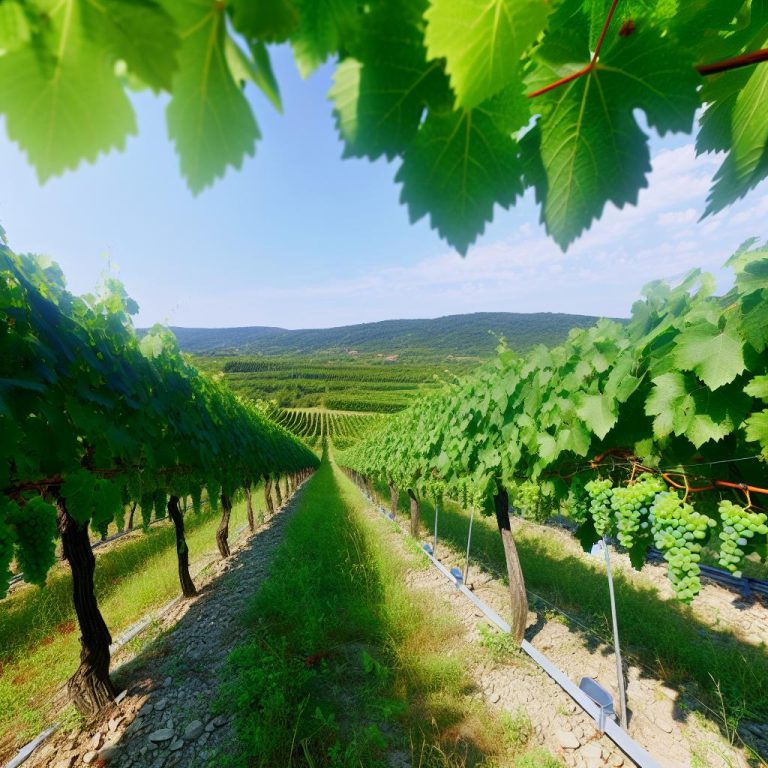Introduction to Qvevri Winemaking
Qvevri winemaking is a traditional method with roots deeply embedded in Georgian culture. This ancient technique has gained international recognition, especially after being acknowledged by UNESCO as an intangible cultural heritage. Fundamentally, the process involves the fermentation, storage, and aging of wine in large, specially designed earthenware vessels known as qvevri. Interestingly, this age-old practice has transcended its original geographical confines and has established a new home on Corn Island in Nicaragua. Here, the technique finds a fresh context blending ancient traditions with the distinct features of a tropical environment.
The Significance of Qvevri
Qvevri vessels are of immense significance in the winemaking process due to their unique properties. Typically, they are buried underground, which offers a natural method for regulating temperature—a crucial factor during fermentation. This subterranean placement ensures that there is a stable environment conducive to the wine’s development. The qvevri, made from unglazed pottery, allow for a subtle exchange of gases. This natural exchange enriches the wine’s quality, imparting unique flavors and characteristics that differentiate it from wines produced using modern industrial techniques. The method’s reliance on organic materials and minimal intervention affords the wines made using qvevri a distinct identity, representing a harmonious intersection of culture, nature, and craftsmanship.
Adaptation on Corn Island
Corn Island is renowned for its vibrant cultural heritage and scenic landscape, making it an intriguing site for the incorporation of qvevri winemaking. The local clay-rich soil provides an excellent foundation for crafting indigenous qvevri vessels that closely resemble their traditional Georgian counterparts. The island’s climate, characterized by its tropical nature, imparts unique qualities to the wines produced here. These distinguishing features set them apart from wines grown and fermented in more temperate climatic regions. As a result, this adaptation not only respects the tradition but also imbues the practice with novel dimensions, contributing to a diverse global wine culture.
Challenges and Opportunities
However, integrating qvevri winemaking on Corn Island is accompanied by several challenges. The tropical climate, marked by high humidity levels and fluctuating temperatures, presents unique difficulties for both preservation and fermentation processes. These environmental factors require winemakers to be innovative, adapting traditional methods to suit these new conditions. Nevertheless, these challenges bring with them a host of opportunities. Winemakers have the potential to explore and develop new techniques that modify the qvevri method for optimal performance in the island’s specific environment. This innovative approach could potentially broaden the appeal of Nicaraguan wines on the global stage, introducing a new category that combines heritage and modern adaptation.
Sustainable Practices
A notable benefit of qvevri winemaking is its alignment with sustainable practices. The method’s reliance on natural materials and processes significantly reduces dependence on industrial machinery and equipment. This reduction promotes an ecological approach to winemaking, resonating well with current global movements towards sustainability. On Corn Island, this eco-friendly methodology complements and supports local initiatives aimed at preserving the region’s natural landscape. Furthermore, it aids in promoting sustainable tourism, appealing to travelers who prioritize ecological and cultural consciousness. By adopting the qvevri technique, winemakers on Corn Island are contributing to a broader effort that emphasizes environmental stewardship alongside cultural preservation.
For those with a keen interest in traditional qvevri winemaking or its contemporary expressions on Corn Island, various resources are available. Engaging with guides produced by local Nicaraguan winemakers can provide deeper insights into this fascinating cultural blend. Additionally, traveling to the island presents an exceptional opportunity to witness firsthand the harmonious interplay of tradition and innovation, offering a tangible connection to the rich historical tapestry that qvevri winemaking represents.
